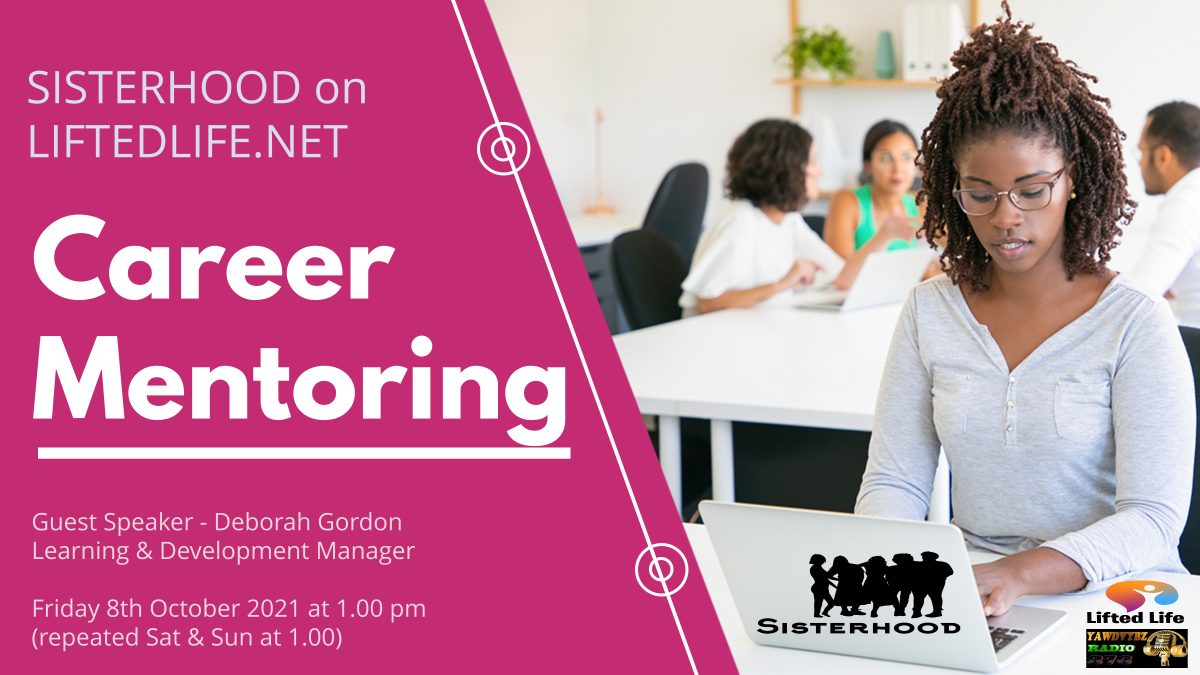Mentoring Sisterhood
Deborah Gordon – Biography
- Accomplished professional with solid experience in organisational development, change management including designing, developing, and implementing learning and development programmes. Coaching & Mentoring. Exceptional ability to manage multiple projects in high pressured, time-sensitive environments.
Specialised in delivering training to boost and improve clients’ abilities and recognise/launch steps needed to attain L&D objectives. Ability to build strong rapport and work collaboratively with staff, partner agencies, and residents based on knowledge, professionalism, and integrity.
Exceptional interpersonal and communication skills; build positive, effective business relationships with people from diverse cultures and at all professional levels. Recognised for integrated working through “Skills for Care” accolades 2017. - Early career – Nursery Nurse & Early Years Care Management, Residential work, Youth Work, Teaching, Counselling, led on the Equality, Diversity & Inclusion agenda
- Enjoy Music, travelling, socialising and community engagement, health & exercise
- Voluntary work – Saturday School, Mentoring, National Workforce Committees, Children in Need





